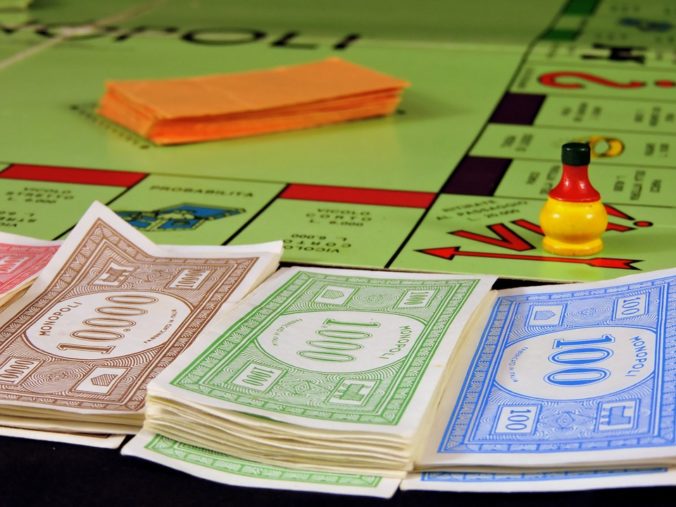Many of our deepest theological inquiries revolve around the nature of God and God’s decision-making process. Why this and not that? Why me and not him? Why now and not then? Events of our lives transpire and we lack insight into the larger picture of what’s going on. Nice Christians remind us that “God’s plan” is bigger than our own lives (true), yet we’re often unsatisfied with the idea that terrible things can happen to good people, simply because God Said So.
These types of frustrations, of which I have experienced more than once, I believe come from an understanding of God as Other. God, the Boss Man. The CEO who has to make decisions for the sake of the company, and the individual employees may or may not like it.
When I was at a big(ger) workplace, we had a fantastic boss who everyone loved to love. He took us to Vegas our first year – paid for the tickets and the rooms and a smokin’ party. And then when the market fell apart, he had to make hard decisions. There were lean years.Benefits were taken away, hours were cut. We still wanted to believe in this boss because we knew, at the core, he was a good boss and we worked for a good company. But life kinda sucked for a while and we were left to decide, “will my bossman take care of me in the end?” By the time I left, most of us were working hard for good reviews in anticipation of a decent year-end bonus, which is my understanding of most large workplace environments.
God as a CEO is a helpful way of understanding God Over Us. God as the One in control. This understanding is heavy throughout our scripture because God as King threads the narrative. Hierarchy was the structure of society – and often still is – and if our way of understanding God doesn’t fit unto our understanding of the world, it’s often not a helpful theology.
This line of thinking has largely dominated much of what I’ve experienced in religious life. Make the Boss happy and earn a great retirement.
I would like to propose: God is not only Over Us. God is also In Us and Through Us. God works outside the corner office.
I now work at a very small practice, working in multiple roles. Two individuals are the business “owners” and at times they have to make strategic decisions about the next steps. Yet no one in the office is working toward an annual review. There is not a boss-man to make happy as much as an ethos that permeates the practice. We all do our work, as varied as it might be, infused with the same intention. As the newer person, I’m often listening closely to their language and watching their actions, because that’s how I begin to fall into the rhythm.
Each phone call, lunch meeting and appointment carries the essence of the organization, not because the CEO printed it on a shirt, but because it taps into something that’s already within each of the individuals working here. Our workplace is a lot of “Yes! Do more of that!” with a “Have you tried…?” offered when needed.
Imagine God is also like that. God is not only Over Us, but God is With Us; Immanuel, the essence of this season.


